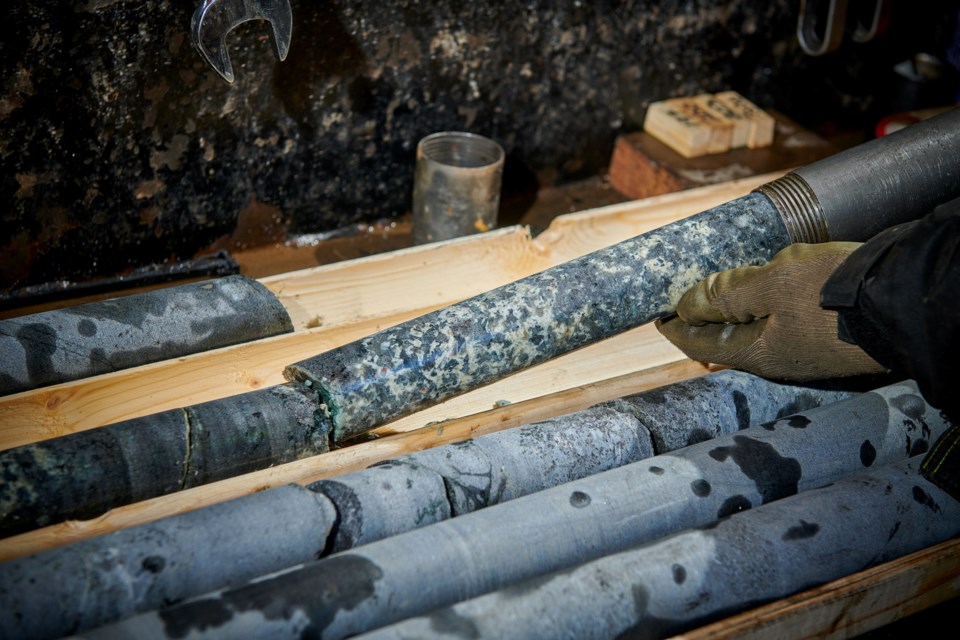Generation Mining has cleared a huge regulatory hurdle that enables the Toronto mine developer to start early construction work at its Marathon palladium and copper mine project early next year.
Both the federal and provincial environmental ministers have approved the environmental assessment process for the proposed open-pit operation and processing mill, located 10 kilometres north of the town of Marathon.
In a news release, the company said it will be filing for construction and operation permits “as soon as practicable” to start preliminary construction activities in the first quarter of 2023. Construction would take 20 to 24 months before commercial production would start in 2025.
Gen Mining President-CEO Jamie Levy called in a “great day” for shareholders and Canadian critical minerals production.
“The receipt of the Decision Statement and Approval Order, respectively, are significant milestones as we advance the Marathon Project into production. This provides much needed certainty about the future and development of this strategic asset,” Levy said in a statement.
Gen Mining said it’s reviewing the conditions in the ministers’ approval orders toward making a final construction decision. The company is still working on the detailed engineering and in securing project financing for the $665-million development.
The ministerial approvals brings at end to an extensive environmental assessment process that began more than a decade ago.
The mine stands to be a game changer for Marathon, a town of 3,100 on the north shore of Lake Superior. The project will create 1,000 construction jobs and 400 direct mining jobs.
Marathon lost its major private employer, the Marathon Pulp mill, to bankruptcy in 2009, resulting in the loss of 240 jobs.
Over its 13-year mine life, the Marathon Project is expected to produce 1,905,000 ounces of palladium, 467 million pounds of copper, 537,000 ounces of platinum, 151,000 ounces of gold and 2,823,000 ounces of silver out of three open pits. The company holds 22,000 hectares of mineral-rich ground in the area and is continuing exploration efforts.
The processing plant will operate at an annual rate of 9.2 million tonnes of ore and produce 87,000 tonnes of copper concentrate a year, which will be delivered to a downstream refiner.
In obtaining the EA approval, the company must abide by certain follow-up environmental mitigation programming and protocols to safeguard fish and wildlife habitat, curb greenhouse gas emissions, respect the health and socio-economic conditions of area Indigenous people. The company recently inked a benefit agreement with nearby Biigtigong Nishnaabeg.




